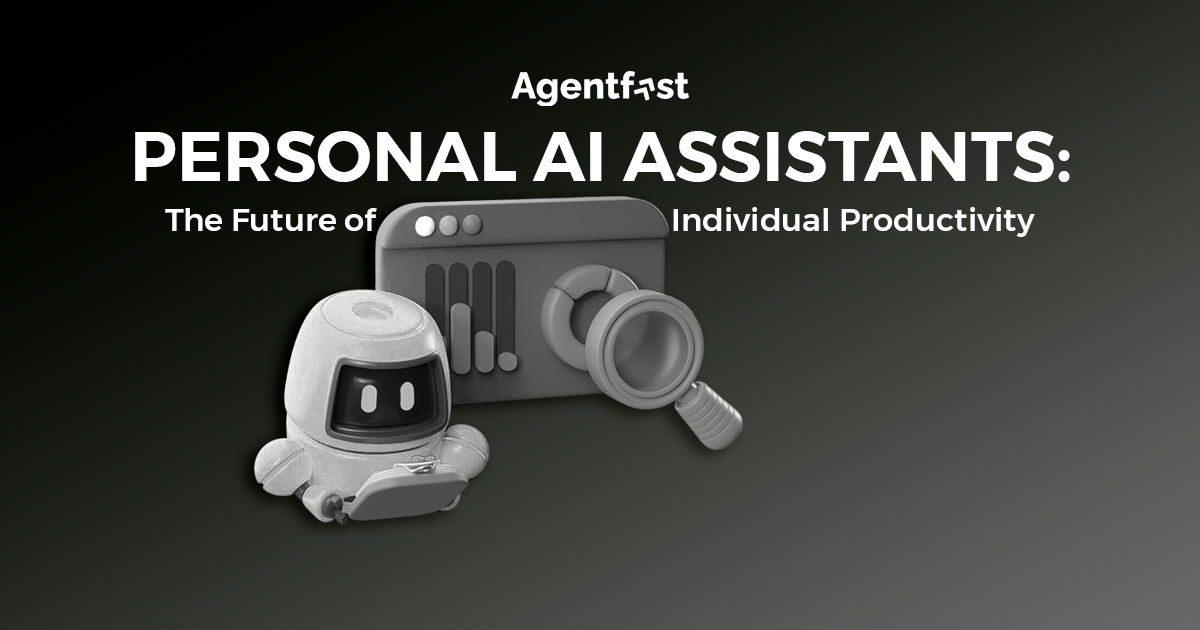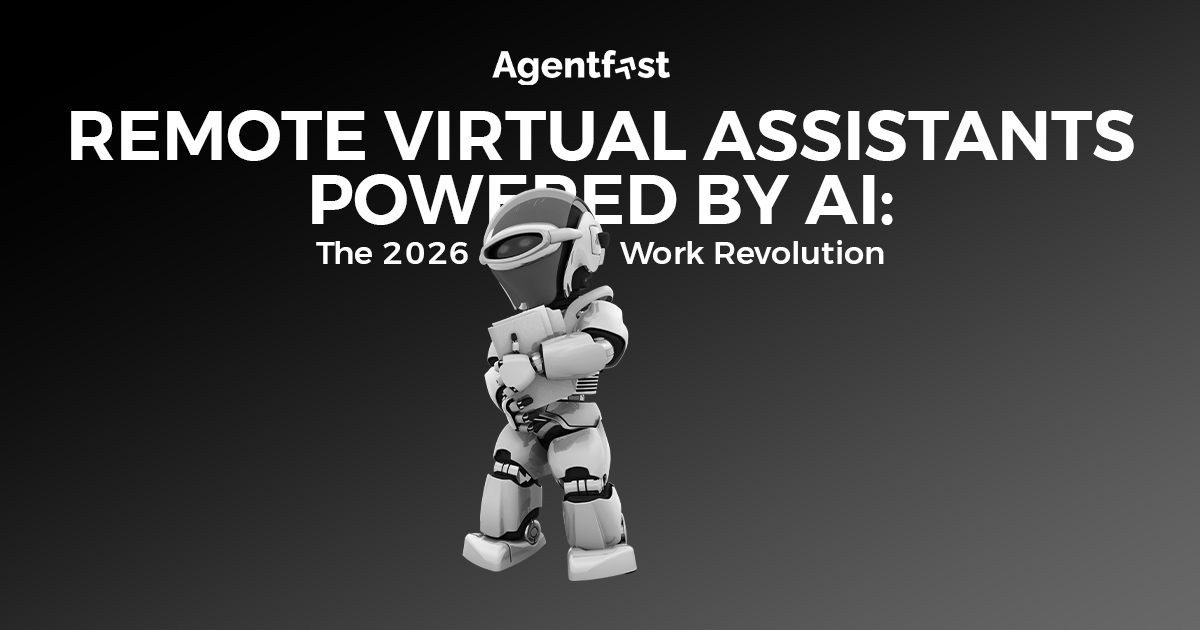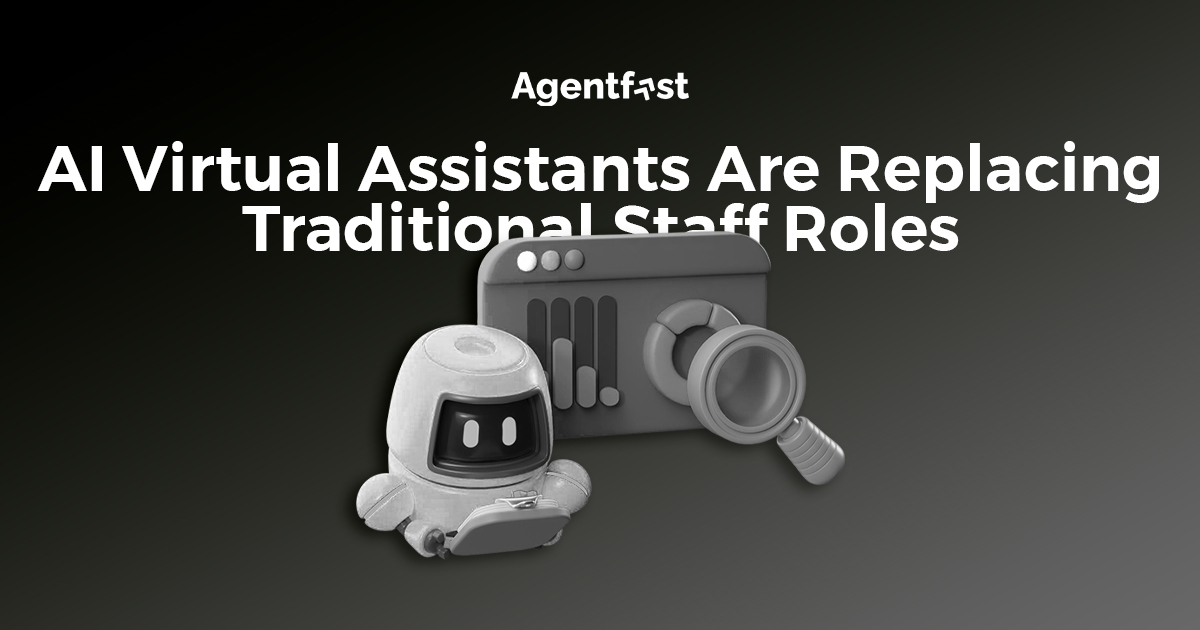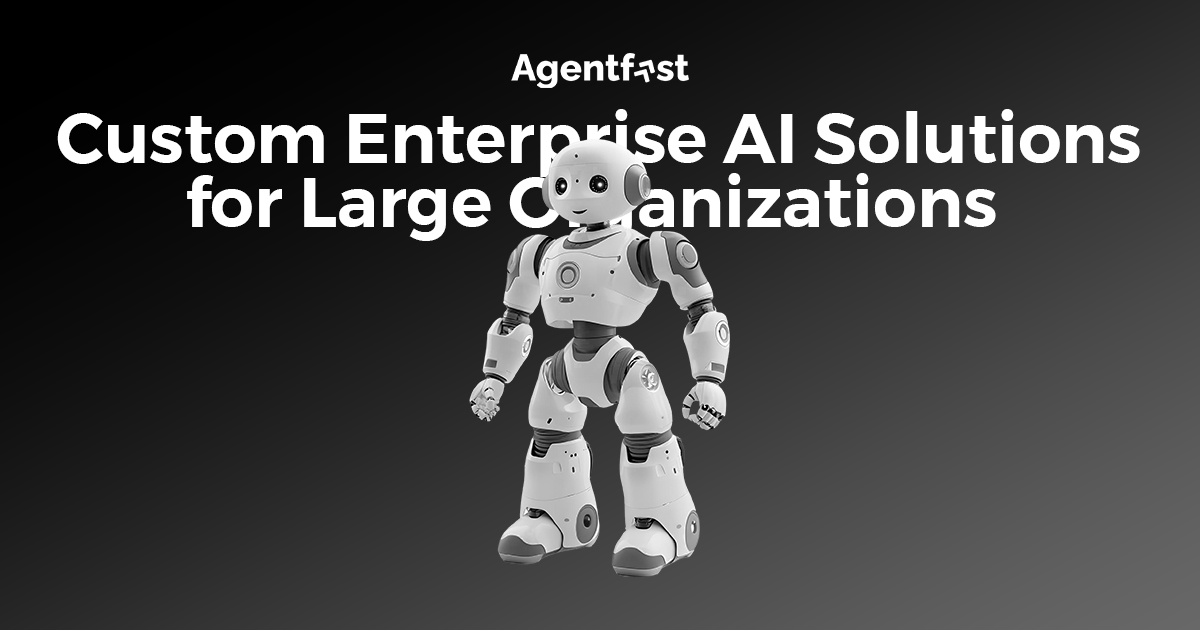AI isn’t just a buzzword anymore. It’s rooted into the way companies run from streamlining customer support to predicting what buyers will do next. By 2025, nearly 78% of businesses worldwide are already using AI in at least one function. If you’ve been noticing your competitors suddenly speeding ahead with smarter automation or sharper insights, there’s a good chance they’ve got an AI developer on their team.
But here’s the catch: finding the right person isn’t easy. Do you bring on a full-time AI engineer? Hire a freelance developer for a specific project? Or lean on AI integration services to tie it all together? The choices can feel overwhelming.
This guide breaks it down. We’ll walk through the skills you should look for, what it really costs to hire an AI developer, and the pitfalls that trip up most companies. By the end, you’ll have a clear idea of how to avoid wasted time, money, and missed opportunities and how to find someone who’ll actually deliver results for your business.
Why Are Businesses Rushing to Hire AI Developers?

Look around and you’ll see AI everywhere. Retailers use it to predict what you’ll add to your cart. Banks rely on it to catch fraud before it empties an account. Even your favorite streaming app knows what show you’ll binge next, thanks to recommendation engines built by AI teams.
It’s no surprise then that 378 million people worldwide are using AI tools in 2025, a 20% jump from last year. On the business side, adoption is just as strong. Over 71% of companies have already integrated generative AI into their workflows.
Here’s the catch: AI doesn’t build itself. Behind every chatbot or predictive model is a developer who knows how to make algorithms talk to real-world problems. That’s why businesses aren’t just “experimenting” with AI anymore, they’re actively hiring. They need people who can connect the math, the code, and the messy business context into something that actually works.
If you’re serious about keeping up, hiring the right AI developer isn’t optional. It’s survival.
Core AI Developer Skills You Should Look For

When you hire an AI developer, you’re not just filling a seat on your organization chart. You’re trusting someone to take messy, complicated ideas and turn them into systems that actually move the needle for your business. That’s a big deal. Hence, it means you’ll need to look past the buzzwords on LinkedIn profiles and focus on the real skills that matter.
1. Programming skills
Python is the core of AI. R shows up a lot in data-heavy projects. And for jobs where speed is everything, Java or C++ still shine. On top of that, libraries like TensorFlow, PyTorch, and Keras are the toolkits most AI developers live in. If someone hasn’t worked with these, you’ll want to ask why. This is one of the AI developer skills to consider.
2. Comfort with data
AI feeds on data, and most of it doesn’t show up neat and tidy. A strong developer knows how to pull from SQL and NoSQL databases, clean up raw files, and get them model-ready. Think of it as the difference between a chef who can cook only with prepped ingredients versus one who can handle a messy farmers’ market haul.
3. Math sense
Linear algebra, probability, statistics; the unglamorous stuff behind AI magic. Developers who understand how models actually work (not just how to run them) will build more reliable systems.
4. Specializations
Not every project is the same. Need a chatbot? Look for natural language processing. Building something with images? You’ll need computer vision skills. Optimizing decisions in real time? That’s where reinforcement learning comes in. Match the specialist to the problem, not the other way around.
5. Deployment skills
Here’s where a lot of projects stall. It’s one thing to build a model in a lab; it’s another to launch it so customers or employees actually use it. That’s where cloud platforms (AWS, Azure, GCP) and DevOps know-how matter.
6. Soft skills
Don’t ignore this. The best AI developers can explain what they’ve built in plain English and work smoothly with non-tech teams. If they can’t translate the science into business language, even brilliant code can end up collecting dust.
At the end of the day, hiring isn’t about who knows the most algorithms. It’s about finding someone who can connect the dots, from data to deployment to real business value.
Understanding the Hiring Cost of AI Developer

Let’s be real, sooner or later, every conversation about hiring an AI developer comes down to the budget. But the truth is, there’s no single number and the costs depend on who you hire, where they are based, and how you structure the work.
Take India as a snapshot. In 2025, the average salary for an AI developer sits around ₹13.6 lakh per year, with mid-level talent earning closer to ₹10.7 lakh and experienced developers pushing up to ₹20 lakh per annum. Compare that to the US or Western Europe, where senior engineers often clear six figures, and you see why global hiring is so common.
The hiring model itself matters when considering the hiring cost of AI developer. A full-time hire gives you stability and commitment, but you’re also on the hook for benefits, training, and infrastructure. Freelancers can be handy for smaller projects. It is cheaper upfront, flexible, less paperwork, but you’ll need to vet them carefully because quality varies a lot. Then there are AI integration services: more expensive than a single freelancer, but you get a ready-made team with experience across multiple industries.
And don’t overlook the extras. Cloud platforms like AWS or Azure, software licenses, storage, even the time your own team spends managing the project, those costs pile up faster than you expect.
The smartest approach? Stop hunting for the “cheapest” option. Think about the bigger picture: what you’re building, how long you’ll need it, and what kind of support you want after launch. That’s how you figure out what’s actually worth paying for.
Common Pitfalls to Avoid When Hiring an AI Developer
Hiring AI engineer can feel like stepping into a minefield if you’re not careful. Plenty of companies have spent months or even years chasing the wrong person or approach. Here’s what to watch out for.

1. Hiring For Buzzwords, Not Results
Just because someone can say “machine learning” or “ChatGPT integration” doesn’t mean they can deliver. Look for proof: projects they’ve actually worked on and, not just impressive-sounding titles on their resume. Otherwise, you’re paying for potential instead of performance.
2. Expecting One Person To Do Everything
AI isn’t magic, and one person can’t always cover every angle. If your project is big, think about whether you need a small team or an AI integration service rather than putting all the weight on one “super developer.”
3. Diving in Without Clear Goals
It’s tempting to hire and hope for results. Do not do that. You need to know what success looks like. Are you automating customer support through AI virtual assistants? Predicting sales? Detecting fraud? Be specific. Vague goals equal wasted time and money.
4. Ignoring Scalability
A model running on a laptop for a demo is great. But what if hundreds or thousands of users are hitting it at once? If scalability is an afterthought, you’re going to face a world of pain later.
5. Underestimating Data Quality
Even the best developer can’t fix messy, incomplete or inconsistent data. Make sure that you have the right datasets, or else you’ll be spending months going after errors instead of results.
How to Make the Right Choice?
Hiring an AI developer doesn’t have to feel like guesswork. The key is knowing what to look for and having an easy checklist to guide your decisions.

1. Align Skills With Goals
Before you even post a job, be clear about what you want the AI to do. Need a chatbot? Look for natural language processing experience. Predictive analytics? Make sure they’ve handled data-heavy models before. The right AI developer skills avoids wasted time and frustration.
2. Check Past Projects, Not Just Resumes
Ask examples of work they’ve worked on. Side projects, GitHub contributions, or models in production matter. This demonstrates they can make ideas a reality.
3. Focus On Deployment Experience
Building a model is one thing. Getting it into production so real users can benefit is a different story. Find developers who can bridge that gap: an engineer with the ability to code as well as produce business-ready results.
4. Test Problem-Solving Skills
A small case study or hypothetical scenario can reveal a lot about how they think. Can they troubleshoot messy data? Optimize a slow model? Communicate their solution clearly? These are the developers who won’t get stuck when challenges arise.
5. Consider Ongoing Collaboration
AI isn’t just a “set it and forget it” situation. Whether you keep on payroll or contract with an AI integration service, think of the long-term. Who will keep models running smoothly, track performance and refine the systems as businesses change?
Wrapping Up: Hiring an AI Developer
Hiring an AI developer is not just about filling a seat. It’s about bringing someone who can start to turn raw data and complex algorithms into tools that will actually help your business be smarter. From finding the right technical and soft skills to knowing the costs and what to look out for, there’s much to think about. The right hires aren’t just coders. They’re problem-solvers who can bridge the gap between business needs and technical execution. So keep the above discussed things in mind and you will be successful in hiring AI engineer that delivers your goals as expected.
Frequently Asked Questions
What’s the difference between an AI developer and an AI engineer?
An AI developer is all about building and training the models. On the other hand, AI engineers ensure those models actually work out there in the real world through deployment and integration.
Do I need a full-time AI developer or can I outsource?
It depends on your project. Hiring full time provides stability and continuity, while freelancers or outsourcing allows for flexibility on short term projects or particular expertise.
What key skills should I prioritize when hiring an AI developer?
Look for programming (Python, possibly R or Java/C++), data handling, deployment experience (cloud platforms and DevOps), problem solving, and specialized AI knowledge for specific techniques like NLP, computer vision or reinforcement learning.
What common mistakes should I avoid?
Don’t hire for buzzwords, expect one person to do everything or start projects without setting clear goals. And you also need to remember about scalability and quality of the data because these things are often overlooked leading to project failure.
How do I ensure long-term success with an AI developer?
Focus on alignment with your business objectives, clear communication, real world experience and continued teamwork. Constant feedback and adaptability to change is important for ensuring that a project stays on course.






